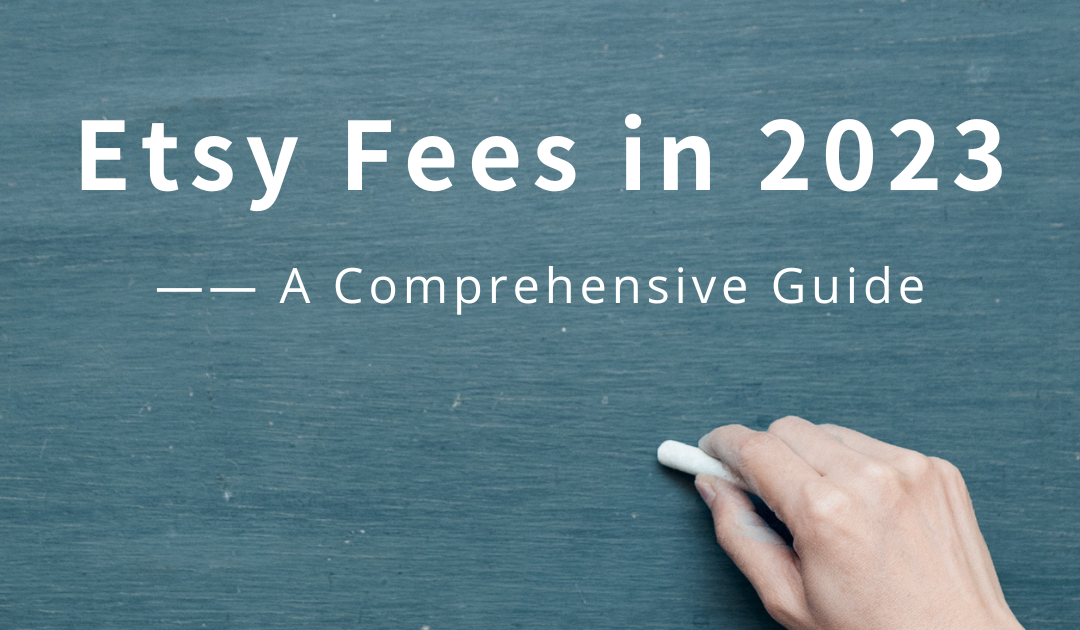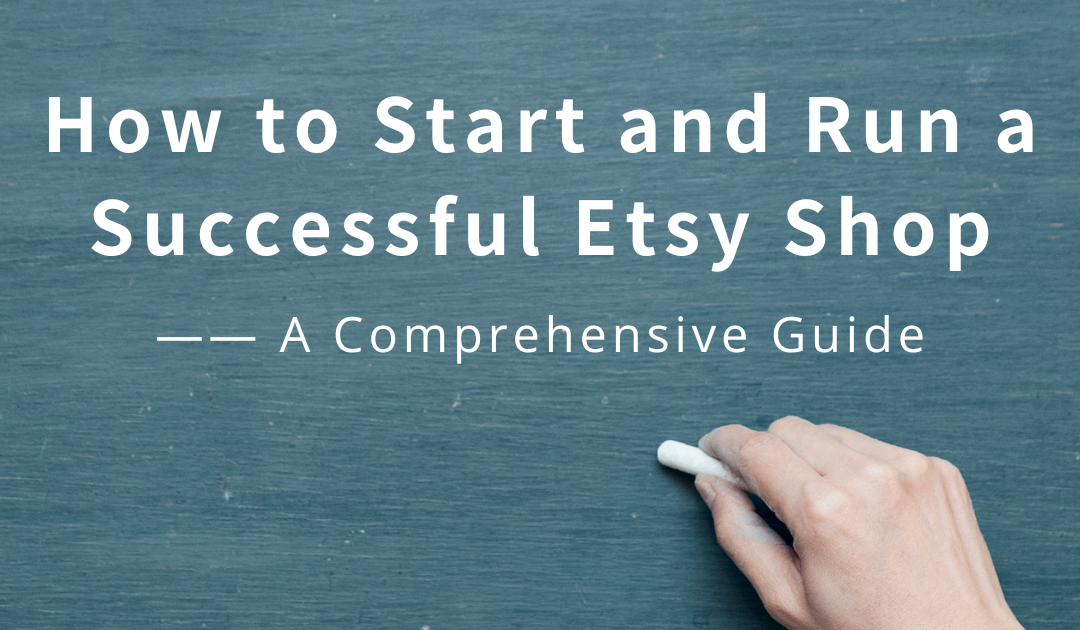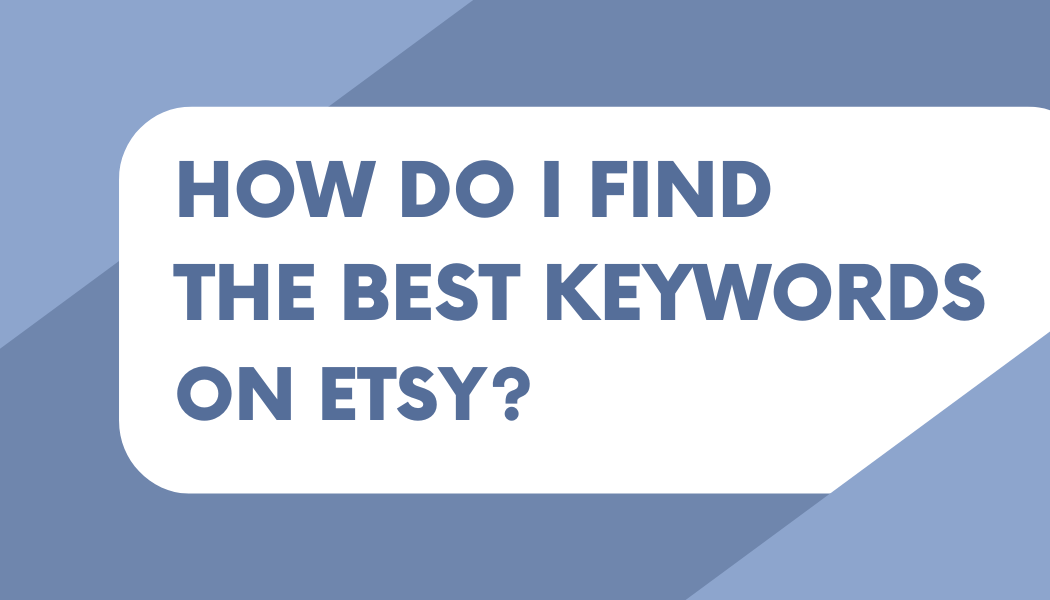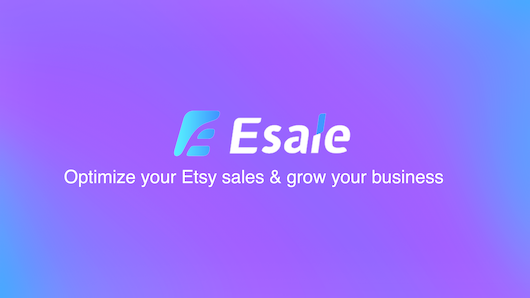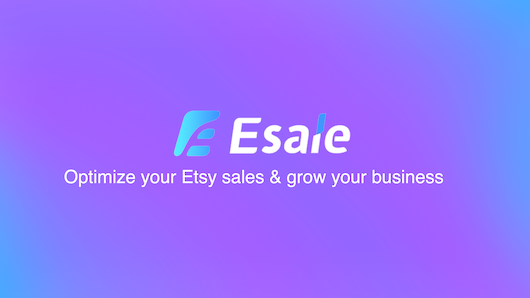Top 10 Like Etsy to Sell Handmade and Unique Items
When it comes to selling handcrafted and unique products, Etsy is hands down the go-to platform for most people.
But despite its growing popularity, digital entrepreneurs have started seeking an alternative.
The main reason for that is Etsy’s high listing and transaction fee which can put a huge dent in your profits.
Thankfully, for those looking for other options, Etsy isn’t the only platform to sell handmade items.
You can find plenty of sites like Etsy that are designed to target a similar audience.
In this guide, we’ll shed light on some of the most popular Etsy alternatives that might be a better choice for your business.
Let’s jump right into it!

1. Amazon Handmade
Amazon Handmade is a community where artisans can sell their handcrafted creations.
These accounts are distinct from regular seller accounts, but your items will still be available on the regular Amazon website.
That enables you to access a massive audience that even far surpasses Etsy.
Selling on Amazon Handmade is like setting up your stall on the busiest street in a city.
You’ll potentially get thousands of visitors each day so the chances of getting sales are fairly high.
The biggest benefit of Amazon Handmade is that you can also use the FBA program.
On the downside, the marketplace is more expensive than Etsy as the platform charges a 15% commission per transaction.
Key Features
- You can ship products through Fulfillment by Amazon (FBA).
- The initial $39.99 fee is waived if your account is approved.
- No listing expiration and you gain access to insightful analytics.
Best For
Artisans who are trying to reach a wider audience and boost their sales.
2. Ruby Lane
If you exclusively want to sell vintage items then Ruby Lane is a better choice than Etsy.
Ruby Lane has been around since 1998 and has a positive track record for both quality buyers and sellers.
One of the main reasons Ruby Lane has endured the tests of time is due to its sheer commitment to quality.
They even have a secret shopper program in which participants evaluate the product quality, shipping times, and packaging by purchasing from random shops on the site.
In case their experience isn’t on par with the marketplace standards, Ruby Lane reaches out to the merchants with feedback and recommendations.
Lastly, Ruby Lane doesn’t charge a listing fee to its sellers but requires a maintenance fee depending on the number of listed items along with 6.7% transaction charges.
Key Features
- The largest marketplace to sell vintage items, jewelry, and art.
- Merchants do not have to pay a listing fee.
- Ruby Lane allows sellers to use third-party marketing tools.
Best For
Sellers who are sitting on a stockpile of authentic vintage and antique goods.
3. IndieCart
IndieCart is a marketplace for independent merchants selling handcrafted items.
It’s one of the few sites on this list that do not charge a listing or transaction fee.
However, you still need to pay a $7.50 monthly subscription charge to set up and maintain your store.
IndieCart unfortunately doesn’t allow sellers to list vintage items.
There are multiple ways to sell products on the platform including auction, first come first serve and reserve with a deposit.
Over 16,000 buyers are registered on IndieCart, which if not too good, isn’t bad either.
All in all, it’s worth experimenting by selling on IndieCart for at least a month as there’s not much to lose.
Key Features
- Multiple ways to sell products including regular sales and auctions.
- Sellers do not have to pay a listing or transaction fee.
- You can blacklist shoppers you don’t want to work with.
Best For
Independent merchants looking for a low-budget marketplace to sell handicrafts.
4. Aftcra
Aftcra is an excellent Etsy substitute for those living in the U.S.
Unlike Etsy, you don’t need to pay a listing fee but only American buyers and artisans can use the marketplace.
Aftcra is quite transparent about the products you’re allowed to sell on the site. In a nutshell, all the products you list should be handcrafted by you or your small team in the U.S.
Reselling isn’t allowed on Aftcra and you cannot also list vintage products.
Aftcra also prohibits other fulfillment methods like dropshipping because their guidelines clearly state that you should make the products yourself, exclusively in the U.S.
The listings on Aftcra expire after six months and unlike Etsy, can be renewed for free.
Aftcra also has a time-saving import tool by letting you quickly import Etsy listings to your Aftcra store.
Key Features
- Tool to quickly import Etsy listings to your Aftcra store.
- You do not need to pay a listing fee.
- No registration fee is associated with opening an Aftcra shop.
Best For
Facilitating the sale and purchase of handmade products in the U.S.
5. Spoonflower
Spoonflower is a bit different from other Etsy alternatives on this list because it connects makers and consumers with home décor artists.
Fabric, dining, bedding, wallpaper, living, and décor are the most common categories on the site.
The platform is visited by more than 850,000 shoppers every month with over 25,000 designers enlisted on the site.
Basically, the sellers only have to upload their designs which will then be printed on the products.
Spoonflower sets the retail price for these products and the designers get a 10-15% commission on each sale.
While this may not sound like a lot, it’s a great way to make a passive income, especially if your design blows up among the audience.
Key Features
- Great platform for designers to make a passive income.
- Decent customer base for a niche site.
- Eco-friendly and sustainable printing technology.
Best For
Artists trying to make a passive income by selling home décor designs.
6. Big Cartel
Like other options on this list, Big Cartel isn’t a conventional Etsy alternative mainly because it’s more of an eCommerce website builder than a marketplace.
However, the platform provides various templates for merchants to customize their branding and encourages handmade craft sellers to create a site.
If you want to start an independent business then Big Cartel is undeniably one of the best options on this list.
The site offers a free plan with limited functionalities but it’s enough to give you a gist of the platform and whether it’s suitable for you.
Since Big Cartel isn’t an eCommerce marketplace, the biggest benefit of creating a store on it is you own the customer data.
Key Features
- Various templates to help you customize your store and match your branding goals.
- A free plan that allows you to get a feel for how the platform works.
- You can retain customer data as shoppers directly buy from your store.
Best For
Artists and crafters who are trying to build their own website.
7. Storenvy
You can use Storenvy not only as a marketplace but also for building a custom online store.
Storenvy focuses on being a “social network for shopping” where you upload product pictures to increase your following and gain exposure.
The site also has a “watching” feature that notifies shoppers of new products added to the store.
There’s also a voting system that shoppers can use to increase the exposure of trending products on the site.
The more votes your product gets, the higher it will be listed on the site.
It’s easy to launch a store on the platform and you do not have to pay a maintenance or listing fee. You will only be charged a 15% commission on each sale.
But note that the Free Plan offers limited features, so you might have to buy a subscription, starting from $14.99/month.
Key Features
- Voting feature that allows merchants to get more exposure for their products.
- The social network type mechanism of the site makes it a unique alternative to Etsy.
- Watching feature for shoppers to instantly notify them about your new products.
Best For
Sellers who prefer a customizable online store and want to interact more with their audience.
8. Folksy
Folksy is an eCommerce marketplace to sell handmade products.
Despite being a British site, the platform gets traffic from all across the world but the prices will only be displayed in pounds.
Reselling isn’t allowed on Folksy and merchants are only allowed to sell handmade products.
What we love the most about Folksy is that, unlike Etsy, it does not charge sellers a shipping commission.
You will be charged 15 pence per listing, but you can add your first three listings for free. Folksy also charges a fixed 6% commission on each sale + VAT.
The platform has a paid subscription costing £5/month which allows you to add unlimited listings with no additional charges.
If you have an Etsy store then you can save time by easily importing your products to Folksy using its import tool.
Key Features
- Tool to save time and effort by quickly importing your Etsy listings to Folksy.
- The first three listings are free and you can add more for as little as 15 pence.
- One of the biggest platforms in the UK to sell handicrafts.
Best For
UK-based handcrafting hobbyists who want to sell their creations by paying a nominal fee.
9. iCraft Gifts
iCraft is a Canadian marketplace that allows you to sell custom arts, crafts, and fashion accessories.
Similar to Etsy, the mission of iCraft is to help artisans and handmade sellers.
The platform doesn’t charge a commission on sales, however, you do need to purchase a subscription that costs $10 per month. Additionally, there’s also a one-time registration fee of $25.
While the upfront costs of iCraft are comparatively high, they don’t charge a listing fee and unlike Etsy, your listings don’t expire either.
A feature that we find interesting on iCraft is that you can also accept commissioned work or custom orders.
The platform highly emphasizes quality so all your listings are reviewed by the company before approval and you may also receive constructive feedback.
Key Features
- Listings are free and do not expire.
- One of the largest Canada-based platforms to sell handmade products.
- You can take custom orders and commissions.
Best For
Creative hobbyists who want to sell handmade gifts, especially in Canada.
